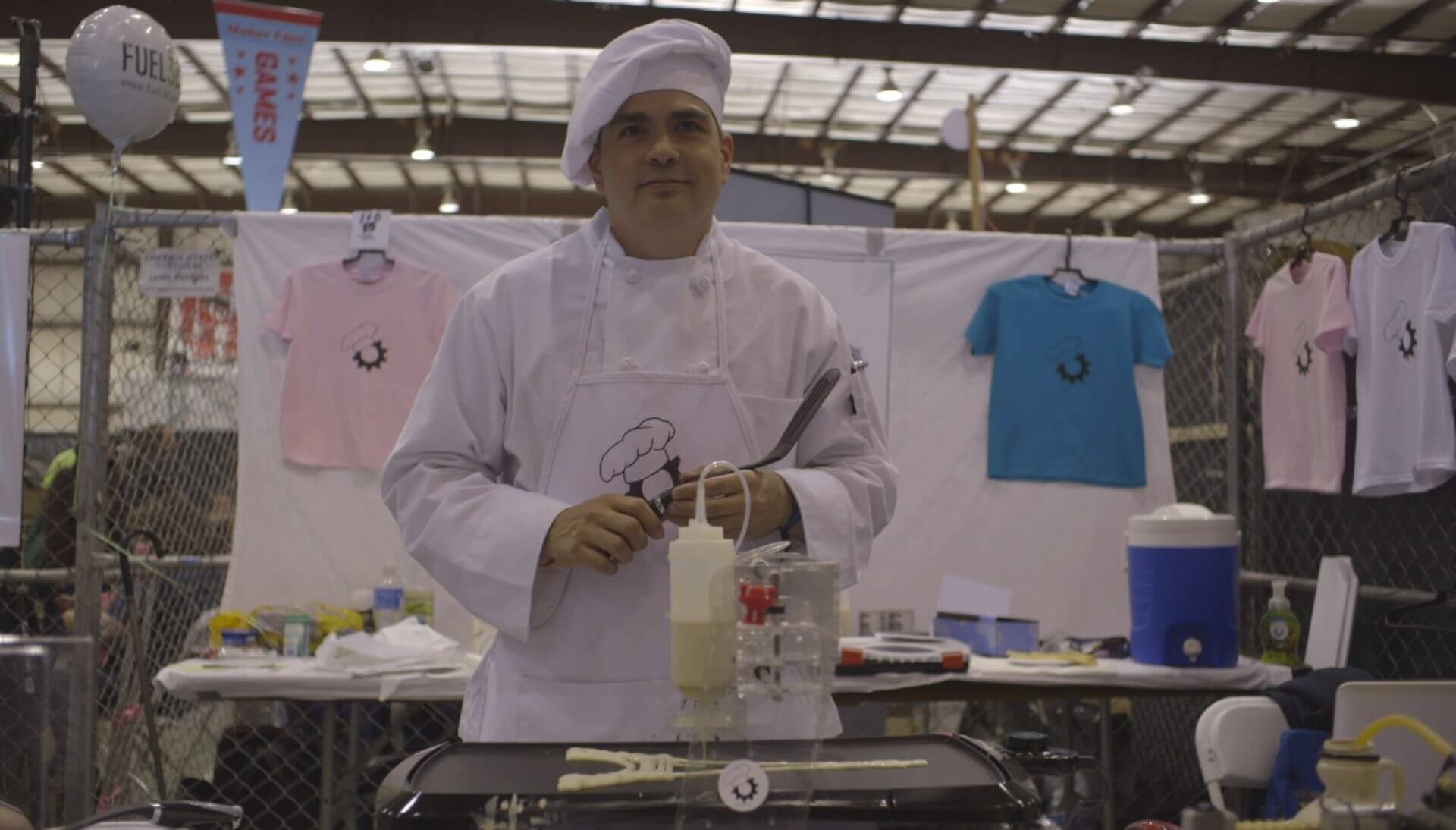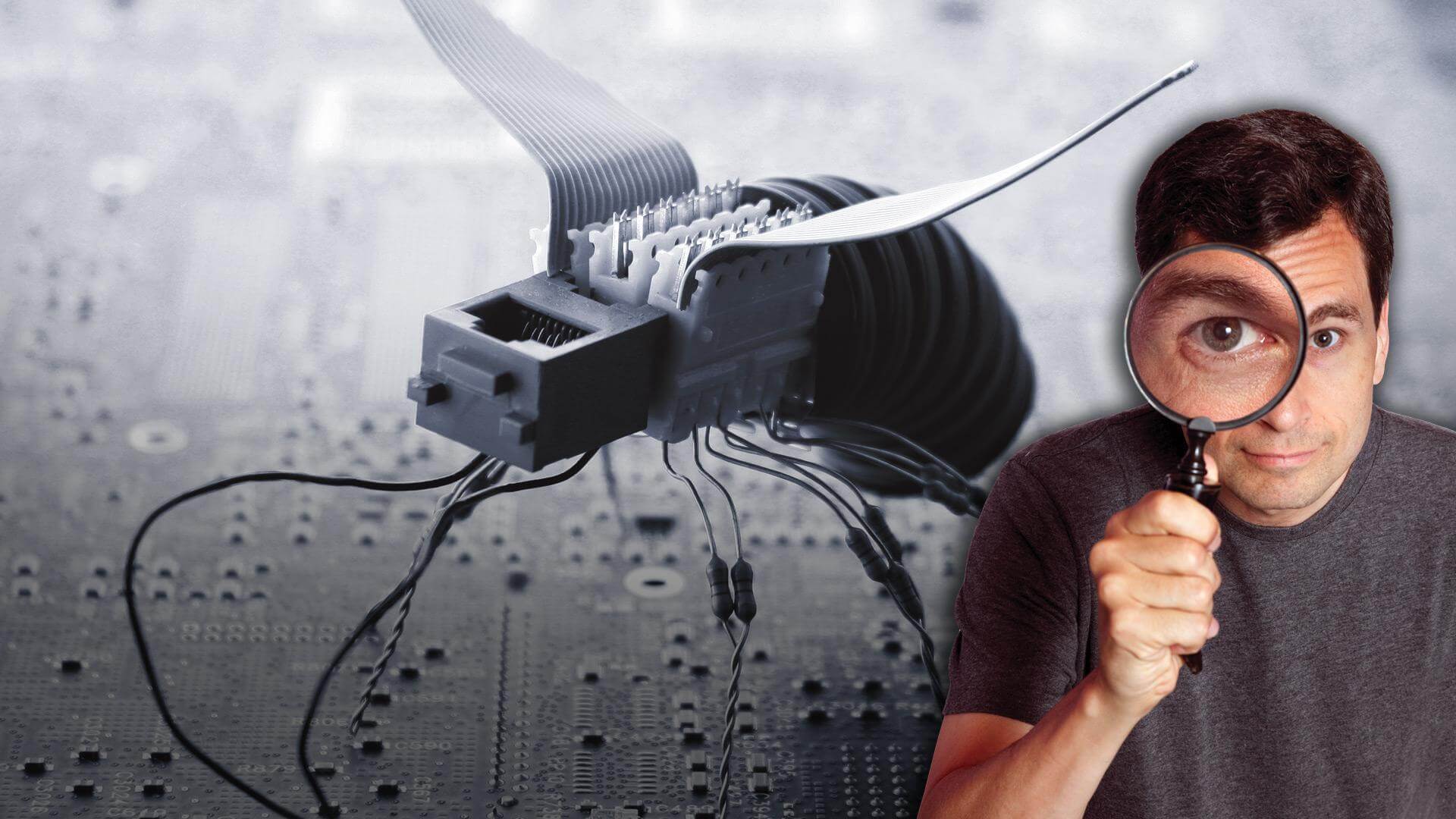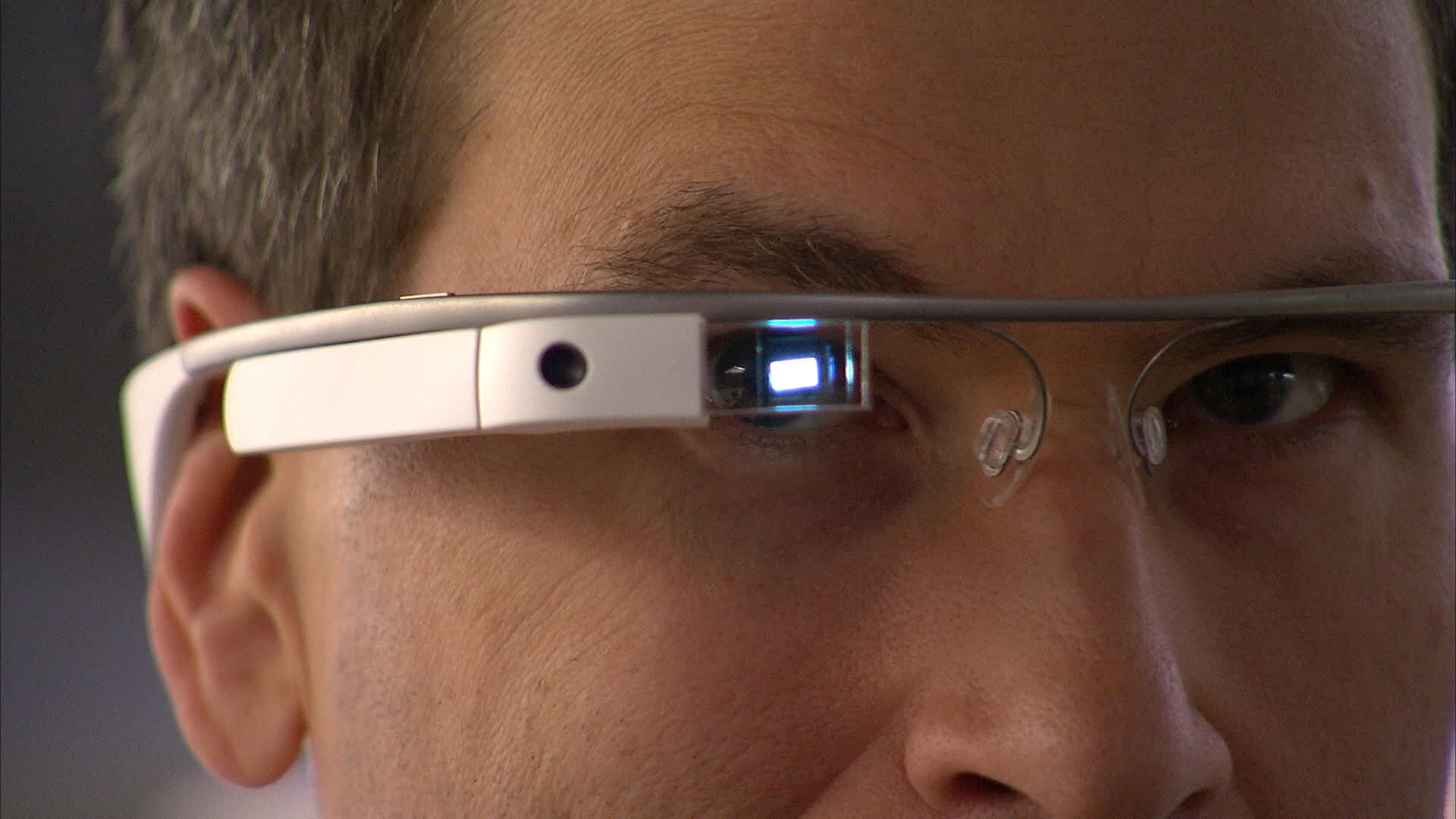description:
Decreasing costs of materials and tools, and the availability of all kinds of information mean everyone can become a maker, developer or entrepreneur. Is this the start of a new industrial revolution? Rapid technological developments have not only made knowledge available to everyone, but the tools to invent and produce are now at our fingertips too. A new generation of inventors and makers that have taken matters into their own hands and are innovating and producing in attics, sheds and small local laboratories. Will it lead to a democratisation of innovation and fabrication or should we fear what the new makers are up to in their own high-tech laboratories? And what does it mean for our economy? Hobbyists and mechanics always existed, but recently they have it easier than ever. Assisted by the rise of digital manufacturing and the unlimited amount of knowledge accessible through the internet, anyone can now create and develop what was previously reserved for large factories and research laboratories. Large organizations like NASA seek technological innovation at fairs like the Maker Faire, where the growing group of creators showcase what they’ve manufactured at home.
And that is increasingly high level. For example, where 3D printing provided especially funny ornaments, Amsterdam designer Joris Laarman has designed a chair that’s easy to print. At Shapeways, you can print everything you want, from plastic to metal and all sorts of new shops and trade have arisen. But digitization does not end up with making things alone: The analysis of genetic material has become so cheap in recent years that Do-It-Yourself’s laboratories arise. Everyone can learn, for example, to manipulate bacteria genetically. What will the world look like when everyone can develop and make physical products without the need for major investments? According to Jeremy Rifkin, author of the book “The Zero Marginal Cost Society”, it will lead to a new economic revolution, in which capitalism, as we know it, will play a much smaller role.










